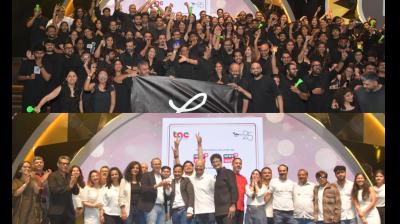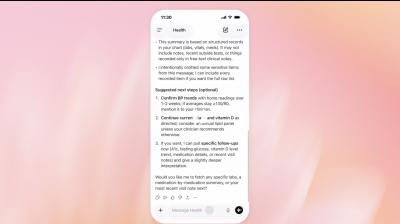Digital media continues to dominate advertising violations, accounting for 97% of the total, according to The Advertising Standards Council of India’s (ASCI’s) half-yearly complaints report for 2025-26.
Offshore/Illegal betting, personal care, healthcare, food and education emerged as the top sectors that accounted for 90% of violations, the report reveals.
Illegal betting remains the biggest offender
Offshore and illegal betting advertisements continued to top the charts, with 4,575 ads flagged - many masquerading as gaming or influencer-led promotions despite being legally prohibited. ASCI noted that 99% of these were detected through its own surveillance, before being reported to the Ministry of Information and Broadcasting (MIB) and the Indian Cybercrime Coordination Centre for takedown.
Following betting promotions, the personal care (367), healthcare (332), food and beverage (211), and education (71) categories emerged as the most violative, together accounting for nearly 90% of all cases processed.
• Personal Care: 64% of ad decisions were uncontested, with skincare leading violations.
• Healthcare: 82% of scrutinised cases breached the Drugs and Magic Remedies Act (1954).
• Food & Beverage: 61% of ads carried misleading health or nutrition claims.
• Education: 45% of violative ads were withdrawn voluntarily post-ASCI intervention.
Influencer compliance under sharper focus
Influencers remained a major source of breaches, with 1,173 influencer ads investigated, and 98% needing modification. Nearly 59% promoted products prohibited by law, while 76% of India’s top digital stars (as per the Forbes list) were found violating disclosure norms mandated by ASCI and the Central Consumer Protection Authority.
Even as voluntary compliance among influencers touched 90% - suggesting corrective action is swift once flagged - yet, as the report notes, “many still count on their violations not being spotted at all.”
Digital dominance
Among digital platforms, Meta led with 78.9% of violations, followed by websites (13.7%), Google (4.6%), and property portals (3%). Traditional media like TV and print accounted for less than 3% of total cases.
Between April and September 2025, ASCI reviewed 6,841 complaints and investigated 6,117 ads, of which a staggering 98% required modification. This marks a 102% surge in ads processed and a 70% rise in complaints compared to the same period last year, reflecting not just growing violations, but also increased consumer vigilance and faith in self-regulation.
ASCI reported a rise in uncontested cases to 62%, up from 59% in FY 2024–25, and a voluntary compliance rate of 88%, reflecting growing industry responsiveness. The average complaint resolution time stood at 17 days, reinforcing ASCI’s efficiency as the industry’s self-regulatory watchdog.
Manisha Kapoor, CEO and secretary general, ASCI, said: “The widespread exposure to betting ads despite the ban, as well as the disappointing standards set by top influencers, are some challenges that have come to the fore in our recent work. Consumer trust can be fragile in the digital age, and such practices create problems for the industry at large."
She added, "ASCI is however, pleased to note a strong increase in uncontested cases, as well as in rates of voluntary compliance, underscoring its growing role as the first line of defence. For repeat and wilful violators, stringent action by regulators would set a strong deterrent and help protect consumer interests. We continue sharing information and data with the statutory regulators for action within the legal framework, and collaborate and cooperate with all stakeholders to build a strong advertising regulatory framework for consumer protection.”












